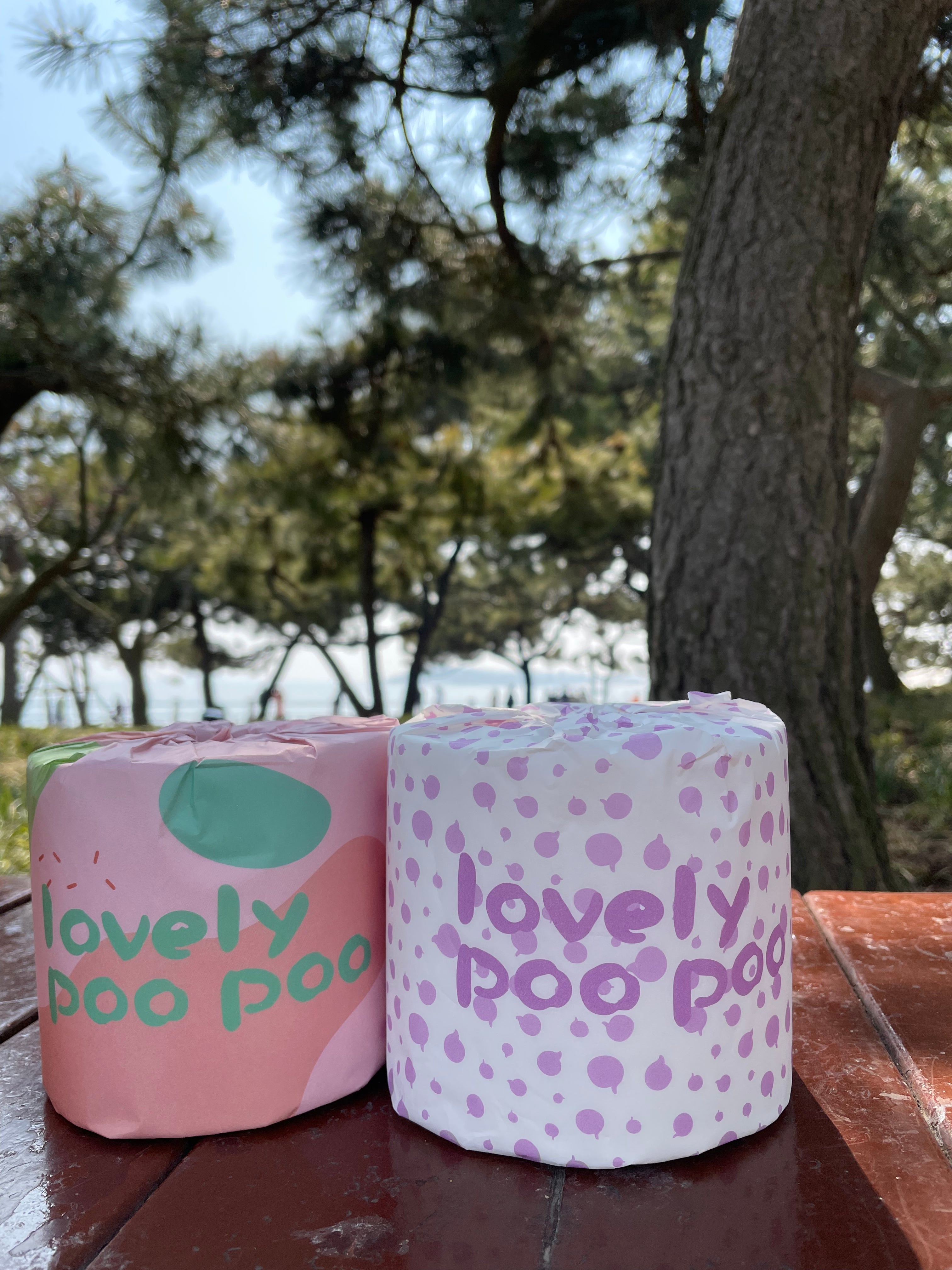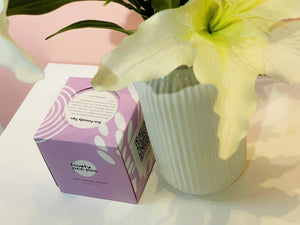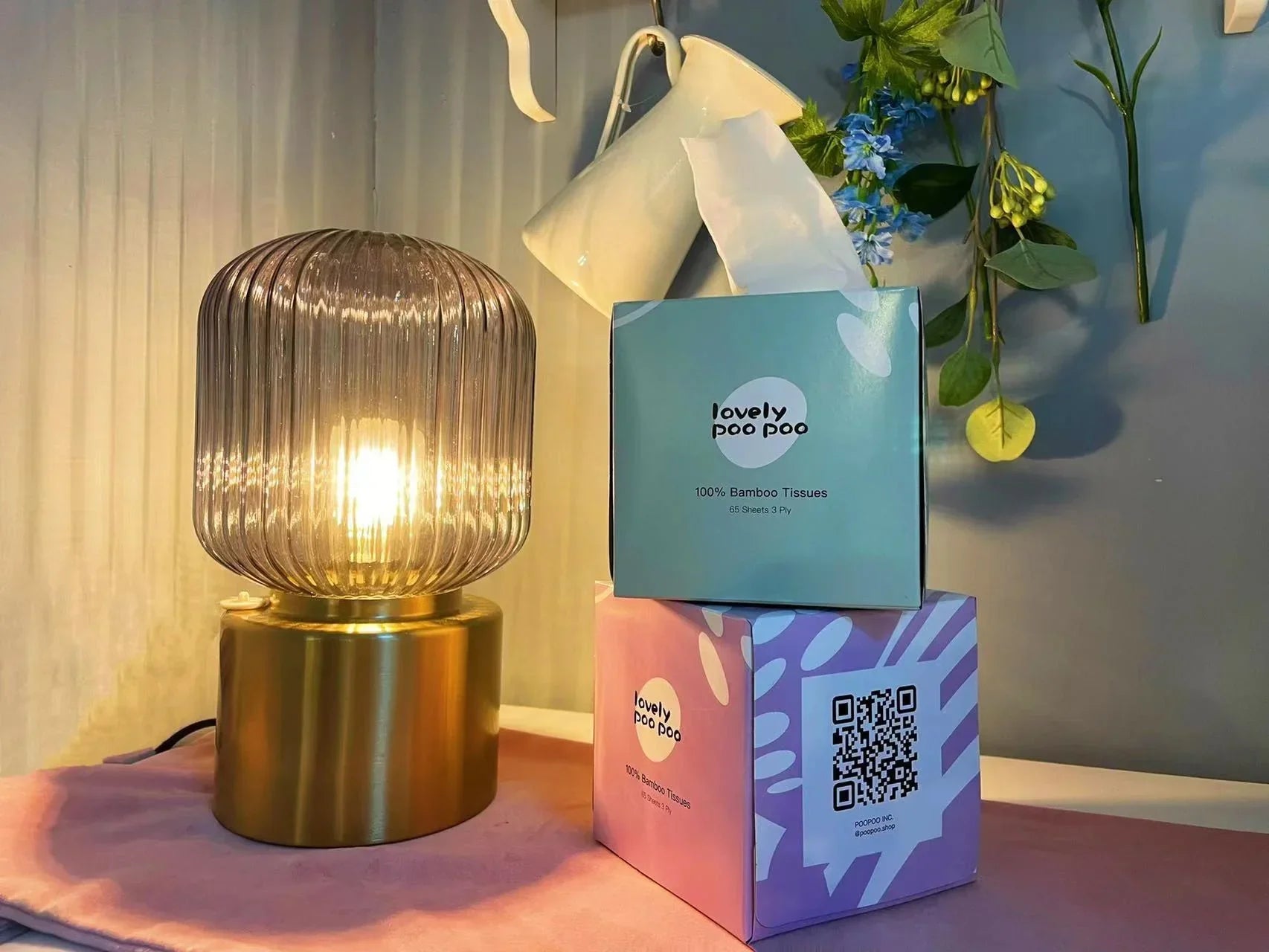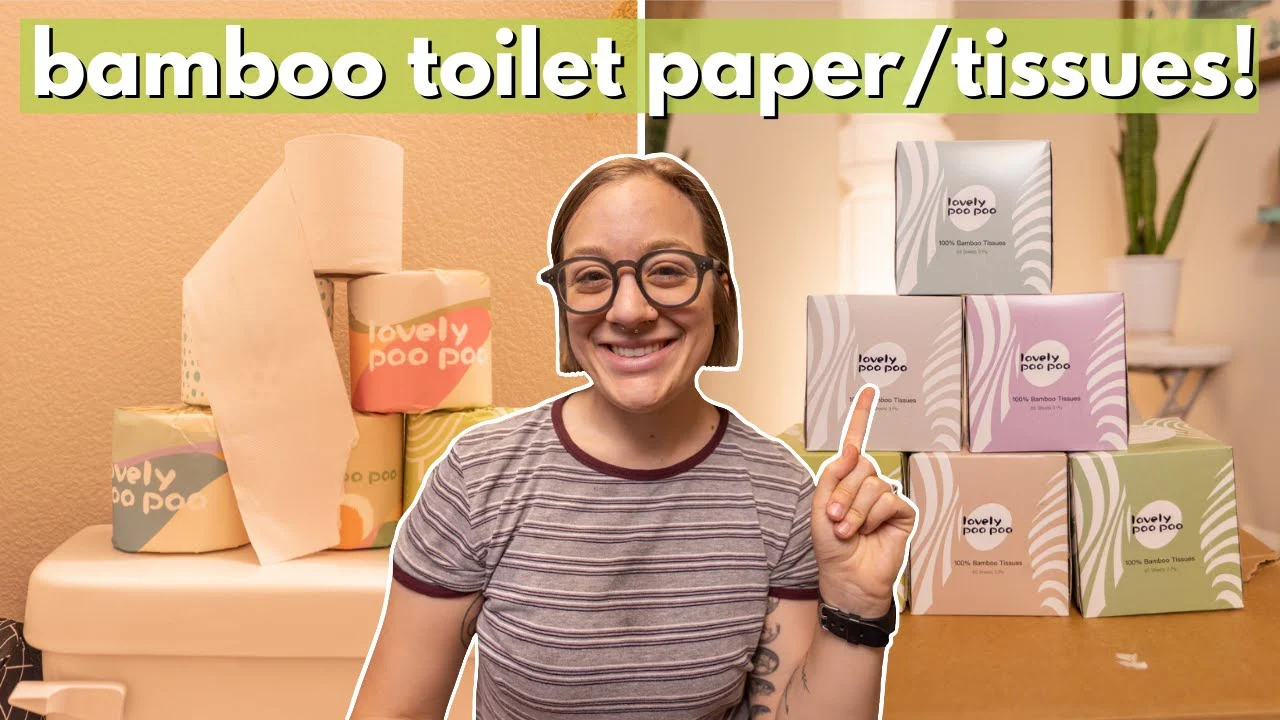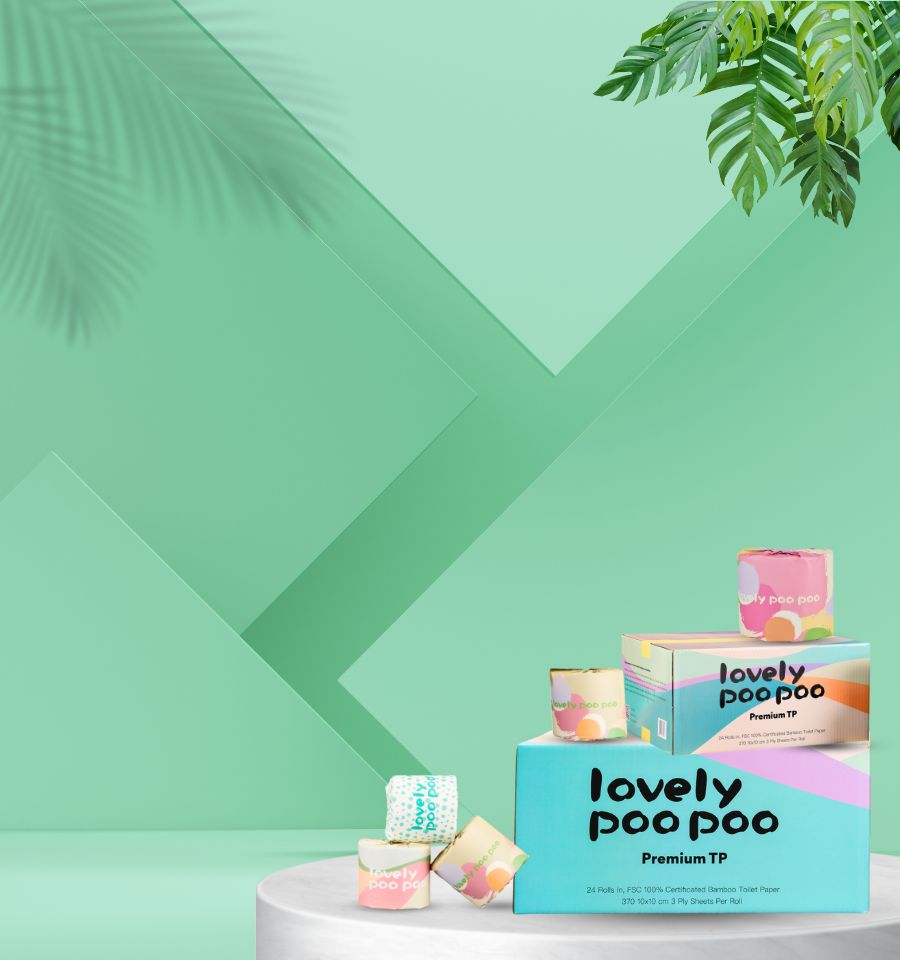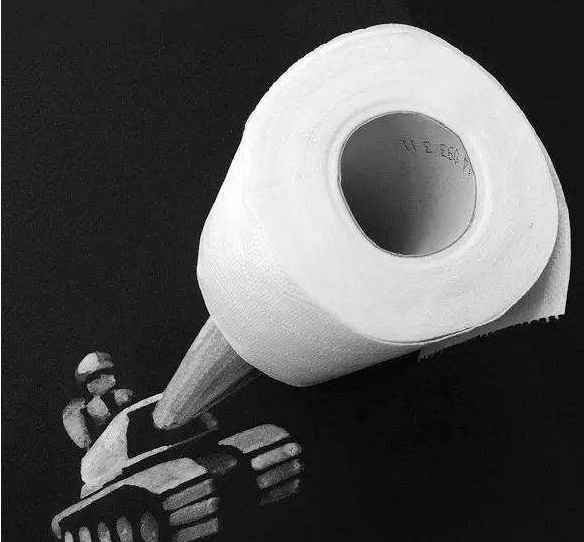This headline must have surprised everyone, because bamboo is not only a favorite food of one of the world's cutest endangered animals, it is undoubtedly a valuable food source for giant pandas. But, Lovely Poo Poo, would like to say that we are not robbing the cute pandas for food.
Bamboo is stronger than Steel?
The answer is incredible: yes, bamboo is stronger than steel
Studies have shown that bamboo plants have a greater tensile strength, or resistance to pulling out, than steel and withstand compression better than concrete. These characteristics—combined with a rare combination of toughness and lightness—make bamboo plants an excellent building material. It can be used on everything from floors and roofs to plumbing.
- Tensile Strength: Bamboo has a higher tensile strength than steel because its fibers run axially.
- Fire resistance: Bamboo is very fire resistant and can withstand temperatures up to 4000°C. This is due to the presence of high values of silicate acid and water.
- Elasticity: Bamboo is widely favored in earthquake-prone areas due to its elastic properties.
- Bamboo's weight: Due to its light weight, bamboo can be easily displaced or installed, making it easier to transport and build.
- Unlike other building materials such as cement and asbestos, bamboo is not a health hazard.
- Bamboo is cost-effective and easy to use.
- Bamboo is particularly in demand in earthquake-prone regions.
Bamboo is also highly flexible and can be shaped and bent while growing or after cutting to meet architectural requirements. Its shock-absorbing capabilities have proven beneficial in building earthquake-resistant structures.
Of course, bamboo isn't just used for building buildings. According to the USDA, not only is bamboo harder than most types of wood, but it's also less porous, making it ideal for cutting boards, bowls, flatware, furniture, decor, and other household items.
However, due to bamboo's versatility, these aren't the only bamboo items you might have in your home.
The Magic Of Bamboo
While bamboo is useful for its toughness and speed of growth, there are many more unique properties that make this plant uniquely useful. That said, bamboo has a unique ability to conduct electricity.
Mars Alva Edison invented, or we might say "perfected", the electric light that helped people all over the world light their homes, but he is especially revered in Japan.
Edison began experimenting with incandescent light bulbs in 1878. Incandescent lights work by electrically heating a long, thin material called a filament until it becomes hot enough to emit light. Many inventors throughout history have tried to perfect the incandescent light bulb, but the bulbs they created had extremely short lifespans. Others are costly, making them impractical for commercial use on a large scale. Still others require very thick wires to draw a lot of current, which again adds to the cost. Edison eventually overcame a major problem, which was finding the right material for the filament.
Edison realized that in order to prevent excessive current flow, he had to find a material with high resistance. In order to prolong the service life of the filament, the filament material should also have heat resistance. After testing thousands of materials, from platinum to a hand-stopped beard, Edison discovered that a filament made of carbon had the properties he had been looking for. Edison decided to try carbonizing cotton thread and making it into a filament. That bulb stayed on for a record 14 hours. Edison immediately filed for a patent, in which he described carbon filaments that could be made from a variety of materials, such as "cotton and linen threads, wood plywood, paper rolled into various shapes." Edison continued to experiment with different organic materials in the laboratory, where he carbonized the material. He contacted biologists who had shipped different plant fibers from the tropics. He sent workers around the world to find the perfect material to experiment with the filament. Edison estimated that he "tested no less than 6,000 kinds of plants, and searched all over the world for the most suitable material for the filament."
In 880, one of Edison's workers, William H. Moore, sent samples to Edison from a bamboo grove near Hachiman Shrine in Kyoto, Japan. This kind of bamboo called osmanthus bamboo is native to China and was introduced to Japan in the early years. The hollow bamboo branches are used to make flutes and many handicrafts. Bamboo also makes great fishing rods. Edison himself encountered the bamboo poles on a fishing trip to Wyoming two years ago and was impressed by the plant's flexibility. It is unclear whether Edison asked Moore to give him the bamboo, or whether Moore volunteered the bamboo to Edison. In any case, Edison discovered that carbonized bamboo made a good filament.
Bamboo Toilet Paper Roll---"environmentally friendly tissues"
While bamboo is often used for hard, durable products, bamboo also has a softer side. From pillows to duvet covers to clothing, bamboo is a popular and eco-friendly material that is also used to create cozy comfort items.
Bamboo is also used to make another household product that is actually quite luxurious - toilet paper poop. Unlike trees harvested for T.P., the rapid regeneration of bamboo plants makes them an ideal material for this must-have bathroom.
However, with all the uses for bamboo plants, you may wonder if there is enough bamboo to get around. Fortunately, there are many – bamboo plants are also highly sustainable.
Researchers continue to build on Edison's discoveries about the bamboo plant, and bamboo may continue to be used in more innovative ways in the future. Bamboo is the fastest growing plant on earth.
The fast-growing nature of bamboo plants makes this plant ideal for construction (an industry that requires a lot of resources) and all other types of uses. The Guinness Book of World Records lists bamboo as the fastest growing plant in the world--fsc eta.
Bamboo grows 35 inches or 91 centimeters per day at a rate of 0.00002 miles per hour or 0.00003 kilometers per hour.Because bamboo plants grow so quickly, entire bamboo forests can grow in just a few years. The plant regrows so quickly that farmers around the world also use it as food for their livestock.
Bamboo's growth rate allows the plants to be harvested quickly. It can strip bamboo forests for a major job, replant them, and come back a few years later to use a new crop for the next project, making bamboo plants more sustainable than traditional wood.
Bamboo plants are quite versatile, and you probably already have some products made from bamboo fiber in your home.
